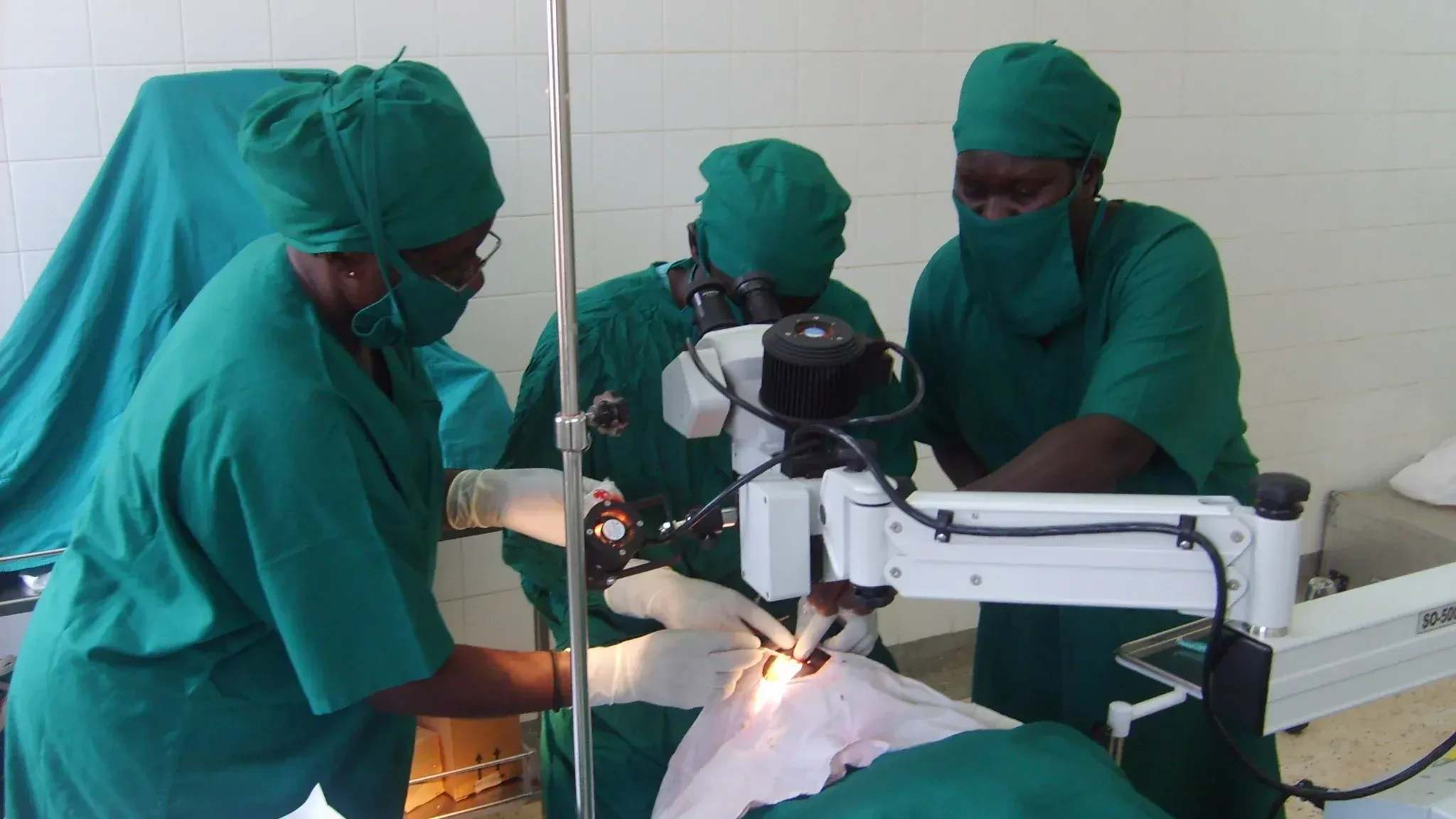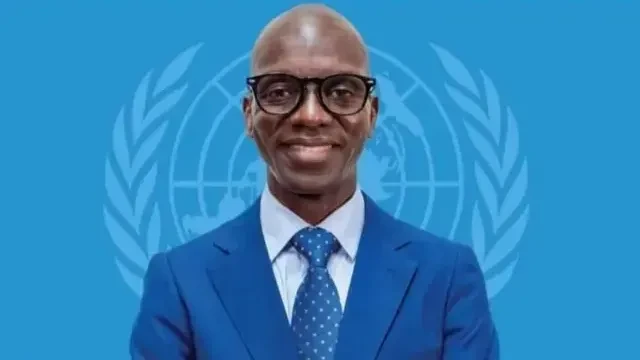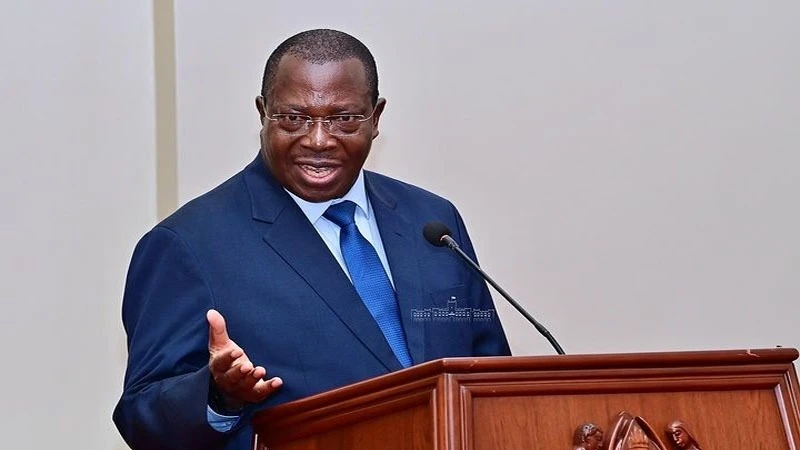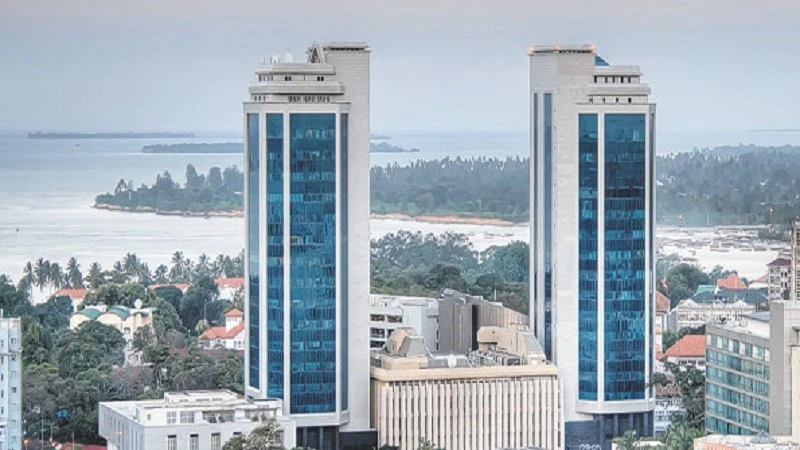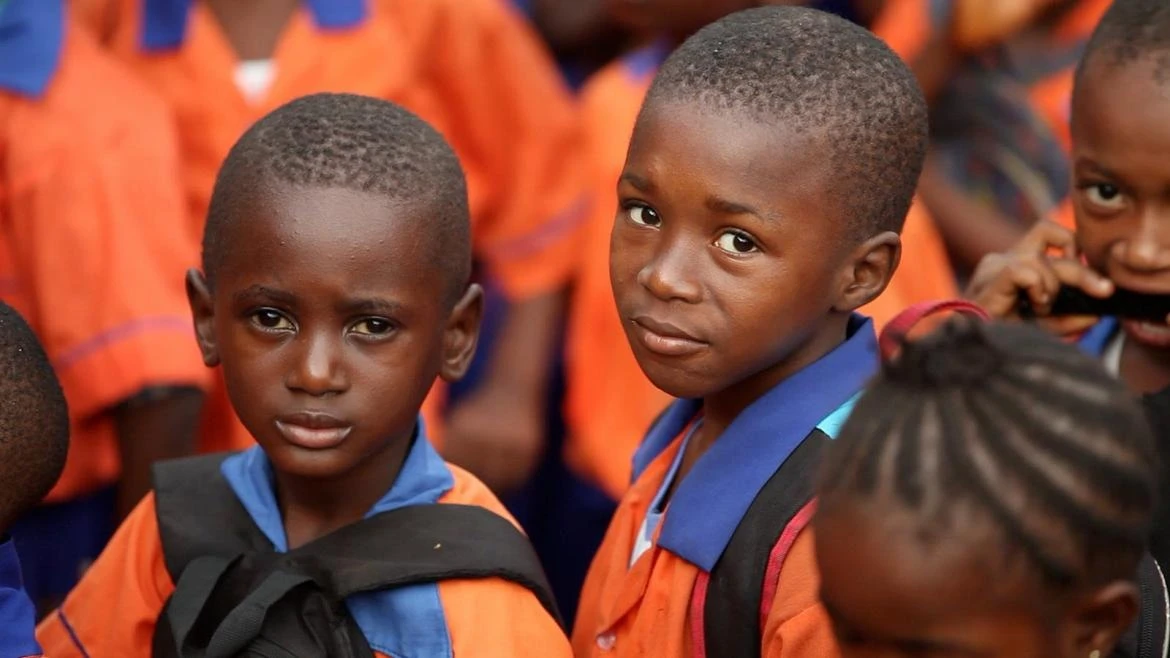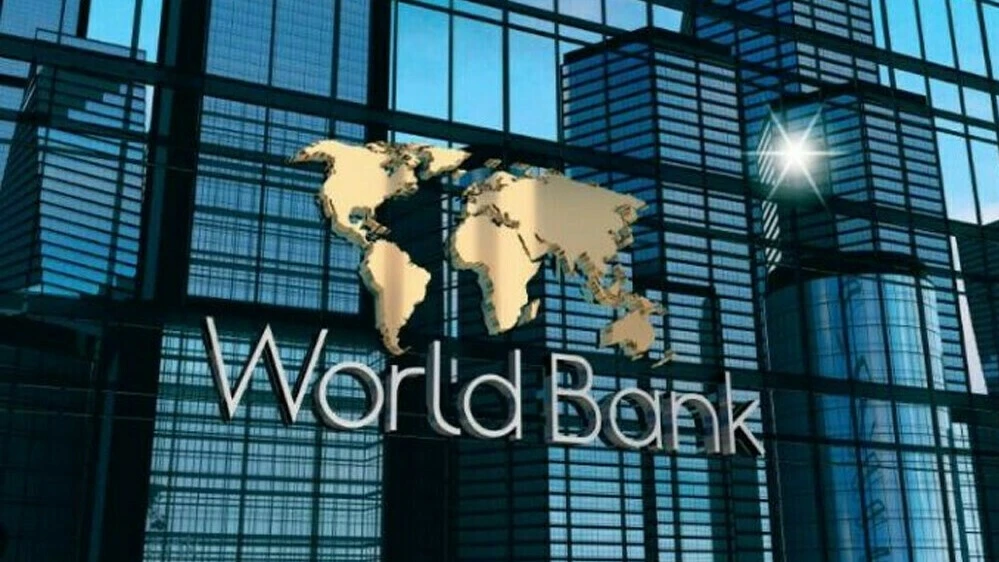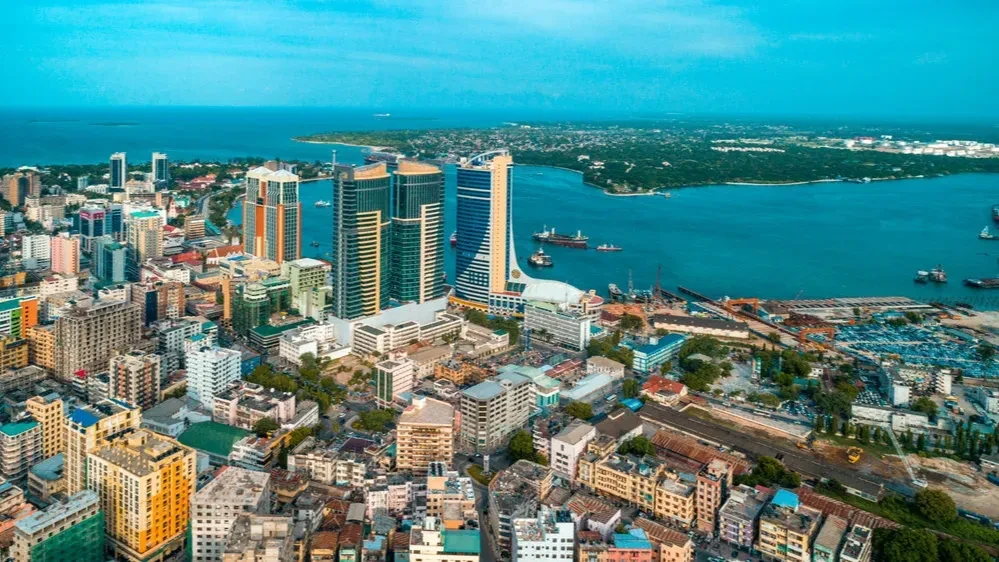Obtaining medical equipment priced at 900m/- is in no way a minor issue
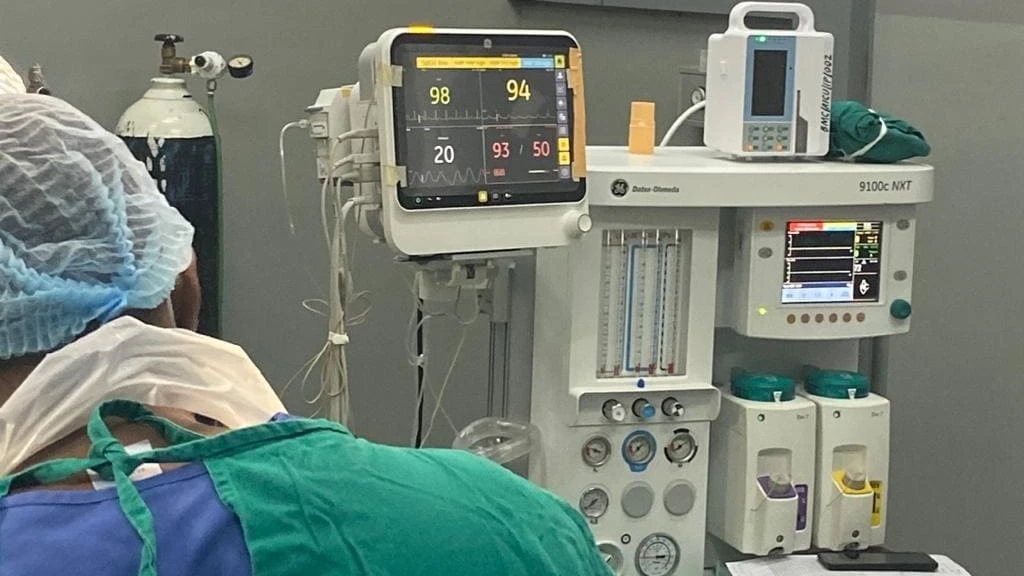
IN remarks at the presentation of medical equipment valued at 975m/- to 20 health facilities across Tanga Region, a German Development Agency (GIZ) official noted that the gesture constituted part of an effort to strengthen healthcare delivery in the region.
The GIZ health programme manager explained that the agency had a longstanding partnership with Tanga Region, including having historical links with the regional referral hospital, Bombo, built by the German 100 years ago.
The difficulty with the point on strengthening healthcare services was that the remark was based on shared development plans, whereas the point is a clearly positive appreciation of the colonial period and its legacies.
It is something that many Africans hesitate to admit, wishing to see and hear the world accept development aid as simply a right, whereas focusing on such links pays better dividends. Just how many institutions can have such links and benefit from benevolence?
The fact of this concern arising from links going back 100 years bespeaks of another sphere where Africa critically lags behind – namely, elevating philanthropy into a legally recognized sector thought even betting or gambling have such recognition.
It is an aspect of national character that those who could have exercised such benevolence are basically excluded from the community.
When it so happens that they exercise that sentiment from afar, some people think or force themselves to think that they are just helping with development plans. The point is that they are attached to what they did during the colonial era.
This has been the case for decades but the gesture now assumes a different dimension as a ‘bad weed’ spreads in international cooperation. That is primarily why local stakeholders need to realise that this sort of liberal attachment to areas where the Germans or any other former colonial powers have some fond memories will not last forever.
Why can’t the German benefactors be involved in running the hospital, so that the relations are fully stabilised?
The programme manager said that GIZ has worked alongside Tanga Region for more than 15 years, focusing on health insurance, public-private partnerships and improving maternal and reproductive health.
Equipment handed over included infant incubators, phototherapy units, machines, obstetric tools and refrigerators for storing blood.
The issue here is that, in the changing winds in the European political landscape and elsewhere, the stabilising of cultural links is essential. It is not a simple matter of merely hoping and wishing that most countries will likely stick to traditional multilateralism in the years ahead.
Top Headlines
© 2025 IPPMEDIA.COM. ALL RIGHTS RESERVED







